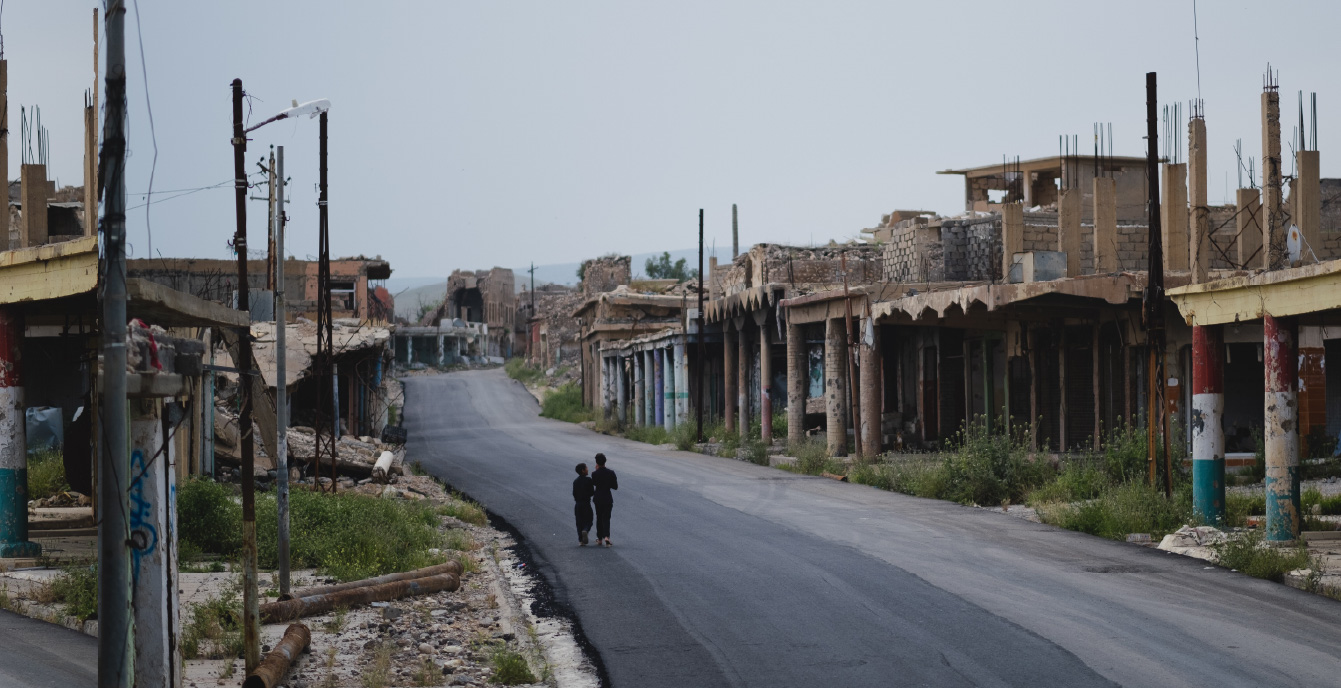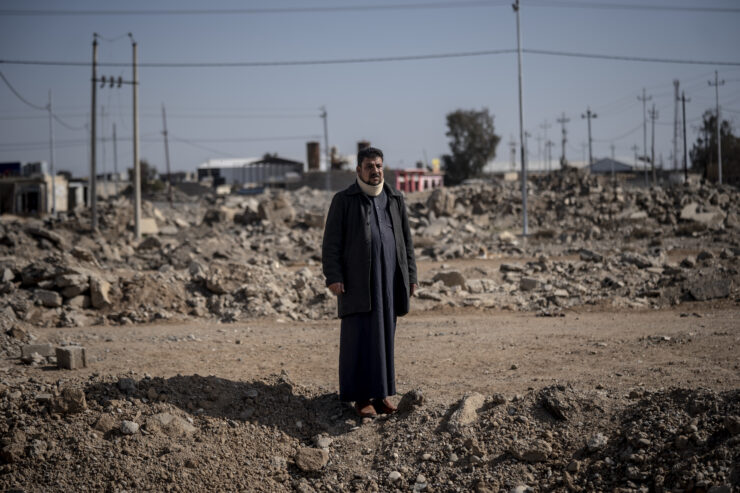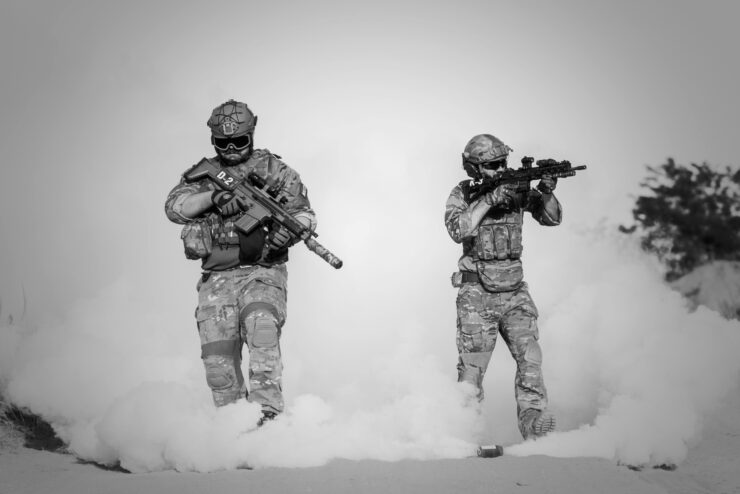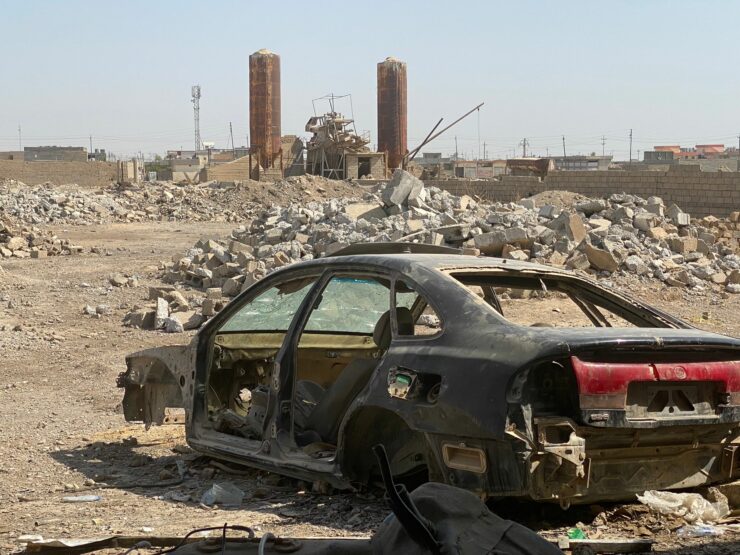
Intimacies of
Remote Warfare
The Intimacies of Remote Warfare is an evidence-based research programme that aims to inform academic, public, and policy debates on the intimate realities of remote wars waged by advanced militaries. The programme investigates the politics, operations, technologies, and political economy of remote warfare, as well as its impact on civilian harm and blowback.






